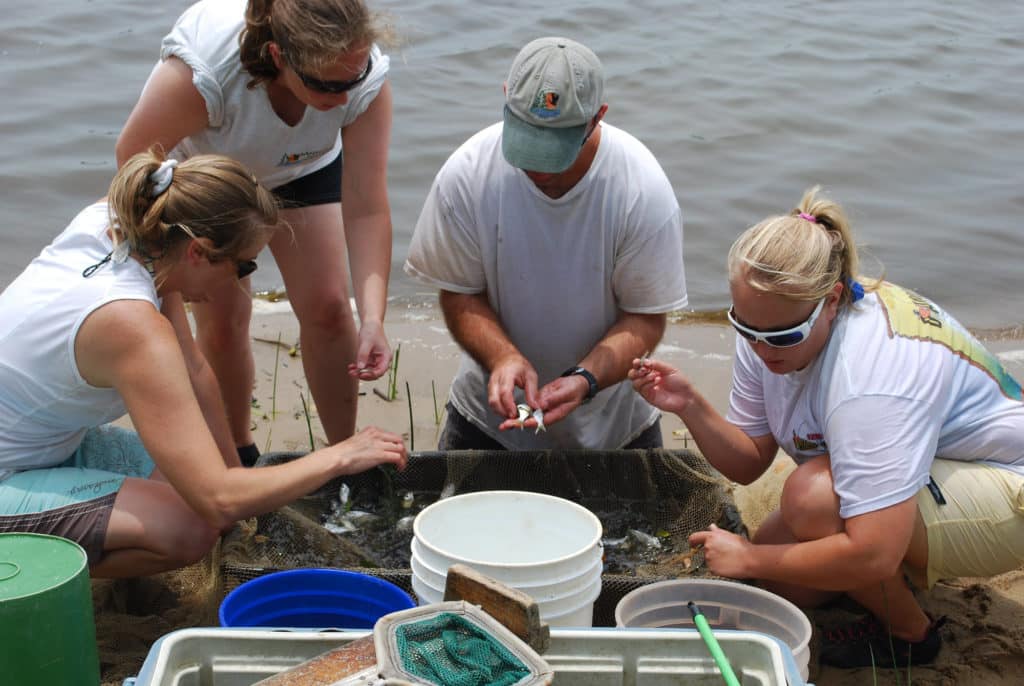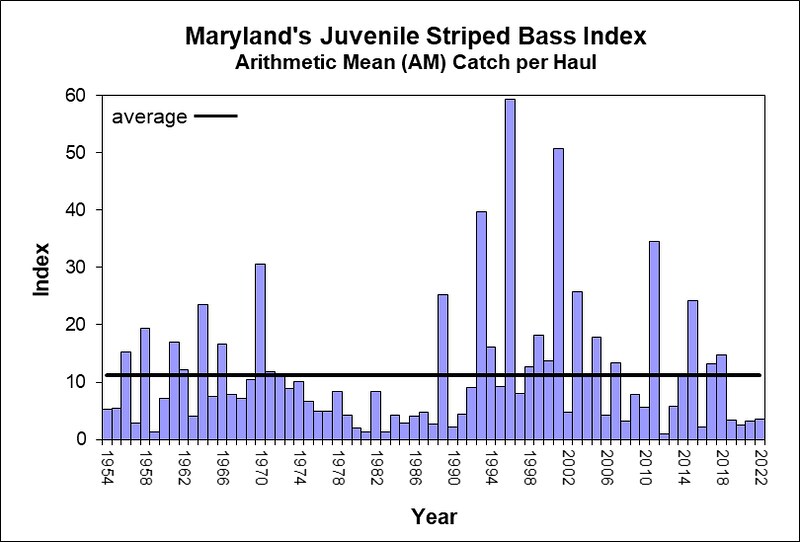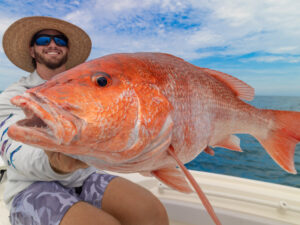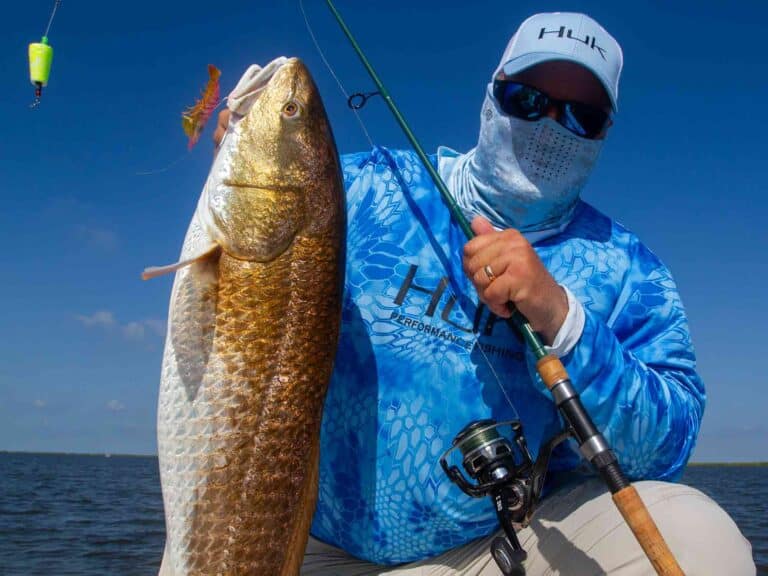
It’s that time of year again. The annual young-of-the-year (YOY) striped bass survey handled by the Maryland Department of Natural Resources has wrapped up. This survey has been conducted the same way since 1954, and offers a glimpse into the health of the fishery.
During the summer, staff members visit 22 sites, three separate times and use a 100-foot seine net swept two times to collect juvenile fish. While the target is striped bass, they will keep statistics on 58 different species. This type of survey is called an index survey, with the figure representing the average number of recently hatched striped bass captured in each sample. The results show the relative abundance and provide an early indicator of future adult stock recruitment.
Results of Maryland DNR’s YOY Striped Bass Survey

The fact that this survey has been done for so many years and has reasonably good success in predicting the future population of striped bass makes it a valuable tool. This year’s index was 3.6, which is higher than last year’s index of 3.2. The 2021 index was also slightly higher than the previous year, so it is headed in the right direction.
But the average index for the life of the survey is 11.3, which why plenty of folks see this year’s index as a continuing indicator of a population that is in trouble. But through the nearly 70-year history of this survey, the index has come in below the long-term average approximately 63 percent of the time.
This means there are episodic high indexes that have supported striped bass numbers over the years and some of those highs have come from well below-average indexes the previous year. When the conditions are right, the success is substantial.
Virginia Institute of Marine Science Survey Results Also In
The Maryland survey is not the only one conducted in the Chesapeake Bay. Another long-term survey has been conducted by researchers at the Virginia Institute of Marine Science (VIMS) since 1967. This survey happens in the lower reaches of the Bay and is carried out for the Virginia Marine Resources Commission (VMRC). Again a 100-foot seine is used at the selected sites and the number of striped bass is counted for each seine haul.
Unlike the Maryland survey, the VIMS survey uses the mean number rather than the average. The 2022 value of 7.95 is slightly above the historic average of 7.77 fish per seine haul. It is the tenth consecutive year of average or above-average recruitment in Virginia waters.
Is a Rebuilt Striped Bass Stock on the Horizon?
In April 2019, the Atlantic States Marine Fisheries Commission (ASMFC) got a striped bass benchmark assessment that contained the bad news that the fish were over fished (the stock size was below the threshold) and over fishing was happening (too many fish being removed). This put the wheels in motion for Amendment 7 to the Striped Bass Plan which took two years to complete.
Language in Amendment 7 gives the ASMFC the ability to react quickly, if the rebuilding plan is not meeting its goals. In October 2022, an updated assessment was released. Well, it contained some good news. It indicated that “under current fully-recruited fishing mortality (F=0.14), female [spawning stock biomass] is expected to reach or exceed the [spawning stock biomass] threshold by 2023 with a probability of 70.2%, and exceed or reach the [spawning stock biomass] target by 2025 with a probability of 56.1%.”
What that simply means is striped bass are on target to be rebuilt with a high probability by the plan target date of 2029. That is very positive news. Some of this future success will depend on factors that we cannot control. However, striped bass have recovered from low YOY surveys a number of times in the past. Good management works and Mother Nature can make it work even better.









